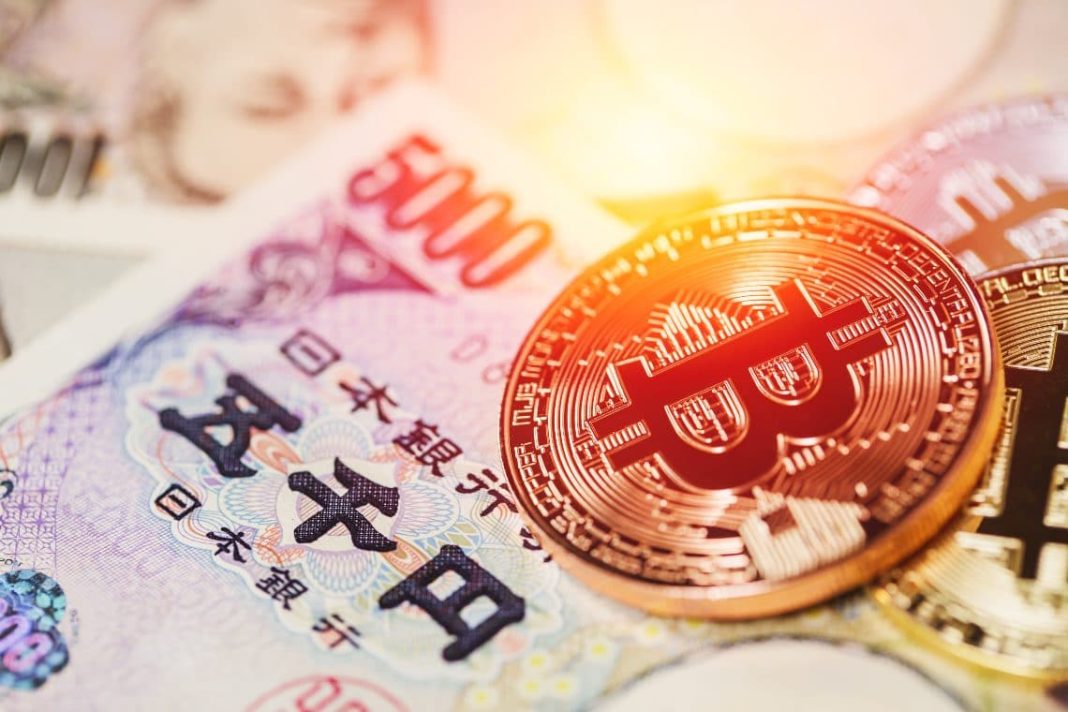With a significant move to embrace the flourishing world of crypto and Web3 technologies, Japan is considering the possibility of allowing some venture capital companies to invest directly in startups operating in these sectors.
The proposal to revise laws in Japan for the crypto and Web3 world
This proposal to revise existing laws could potentially open up a series of opportunities for both local entrepreneurs and investors, marking a crucial moment in Japan’s journey towards the future of finance and technology.
With an innovative decision, the Japanese cabinet has approved a proposal that aims to add cryptocurrencies to the list of assets that local limited liability companies can acquire or hold.
This announcement, made by the Ministry of Economy, Trade and Industry on February 16, highlights Japan’s intention to promote innovation and support the growth of its startup ecosystem.
According to a statement released by the ministry, the approved revision, which involves changes to the law on strengthening industrial competitiveness, aims to expand strategic investment initiatives to provide vital support to local startups and medium-sized enterprises.
As part of these amendments, venture capital companies will have the opportunity to invest in projects that issue exclusively cryptocurrencies, as reported by the local news agency Coinpost.
The bill, after receiving approval from the cabinet, has now been submitted to the legislative body for deliberation, demonstrating the government’s commitment to promoting regulatory frameworks that facilitate innovation and investment in emerging sectors.
The process of venture capital in Japan
In Japan, limited partnership companies traditionally serve as vehicles for investing in unlisted companies, a common practice for venture capitalists looking to support early-stage startups.
However, before this revision proposal, Japanese venture capital companies could not invest in cryptocurrencies, which represented a significant obstacle to funding crypto and Web3 projects in the country.
Hiro Kunimitsu, founder and CEO of Gumi Inc, a major Japanese video game development company that has ventured into blockchain investments through gumi Cryptos Capital, highlighted the challenges that Japanese cryptographic projects must face to obtain funding from foreign venture capital companies.
Kunimitsu emphasized the transformative potential of allowing Japanese venture capital to invest directly in these projects, considering it a significant opportunity for the thriving Web3 startup ecosystem in Japan.
The move is in line with Prime Minister Fumio Kishida’s vision to promote a “new capitalism” in Japan, with particular focus on promoting the country’s Web3 industry.
In line with this objective, in December the Japanese cabinet had already approved a revision of the tax regime, paving the way for potential tax exemptions on unrealized profits from cryptocurrencies, a measure aimed at encouraging innovation and investments in the digital asset space.
Conclusions
The proposal to allow some VCs to invest directly in crypto startups and Web3 indicates a broader shift in Japan’s approach to embracing disruptive technologies and positioning itself as a hub for innovation in the global landscape.
By creating a favorable regulatory environment and providing targeted support to emerging sectors, Japan aims to leverage its technological expertise and entrepreneurial spirit to drive economic growth and competitiveness in the digital age.
This legislative initiative not only reflects the evolving nature of the financial and technological landscape, but also underscores Japan’s determination to remain at the forefront of innovation in an increasingly digitalized world.
While the government continues to engage with stakeholders and refine regulatory frameworks, a new era of collaboration and growth is opening up, in which crypto startups and Web3 can thrive and contribute to Japan’s economic revival in the 21st century.


